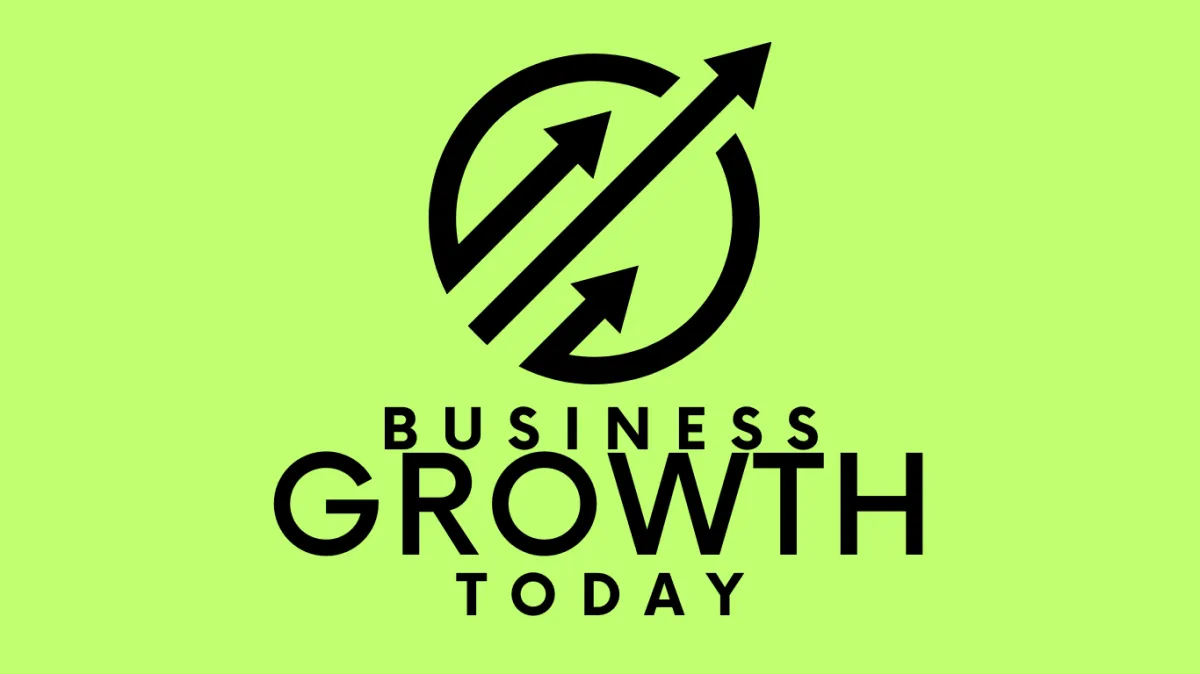
The Power of Ethical Selling: Leveraging Integrity to Outshine the Competition
Ethical selling is more than just a moral high ground; it’s a strategic advantage. By committing to honesty, transparency, and integrity, you can build genuine, lasting connections with your customers.
In the fast-paced world of small and mid-sized businesses, the competitive landscape is fierce. Every business owner strives to find that edge, that unique selling proposition that sets them apart from the rest. After two decades of experience as a business funding broker, I’ve come to understand that the most sustainable and impactful edge you can have is rooted not in what you sell, but in how you sell it. The secret? Ethics in selling.
The Challenge: An Industry Rife with Deception
In the business funding sector, where I’ve spent a significant portion of my career, the pressure to close deals can sometimes lead brokers down a dubious path. The temptation to stretch the truth, hide unfavorable terms, or oversell the benefits of a product is ever-present. I’ve seen brokers promise the moon to merchants, only to leave them stranded with unfavorable loan terms and a sense of betrayal once the reality sets in. This kind of unethical behavior not only damages individual client relationships but also tarnishes the industry’s reputation as a whole.
The Solution: Embracing Ethical Selling
Ethical selling is more than just a moral high ground; it’s a strategic advantage. By committing to honesty, transparency, and integrity, you can build genuine, lasting connections with your customers. Here’s how ethical selling can create leverage over your competition:
1. Building Trust and Loyalty
Trust is the cornerstone of any successful business relationship. When customers trust you, they are more likely to return, refer others, and provide positive reviews. Ethical selling means being upfront about all terms and conditions, setting realistic expectations, and delivering on promises. This transparency fosters a sense of security and reliability that customers appreciate. In an industry where mistrust is common, being the beacon of honesty can make you stand out.

2. Differentiating Your Brand
In a crowded marketplace, differentiation is key. While many competitors may rely on aggressive tactics and exaggerated claims, positioning your brand as one that prioritizes ethics can set you apart. Ethical selling is a powerful differentiator because it appeals to the modern consumer’s desire for authenticity and corporate responsibility. By marketing your commitment to ethics, you can attract customers who value honesty and integrity, creating a loyal customer base that is less likely to be swayed by competitors’ flashy promises.
3. Enhancing Customer Relationships
Strong customer relationships are built on mutual respect and understanding. When you engage in ethical selling, you demonstrate respect for your customers’ intelligence and autonomy. You’re not just trying to make a sale; you’re genuinely interested in helping your customers find the best solutions for their needs. This approach fosters deeper connections and more meaningful interactions, which can lead to long-term business relationships and increased customer retention.
4. Mitigating Risks and Avoiding Legal Issues
Unethical practices can lead to significant legal and financial repercussions. Misleading customers or hiding crucial information can result in lawsuits, fines, and damage to your reputation. Ethical selling helps mitigate these risks by ensuring that all transactions are above board and transparent. This not only protects your business but also reinforces your reputation as a trustworthy and reliable partner.

5. Empowering Your Sales Team
A sales team that operates ethically is more confident and motivated. When your salespeople believe in the integrity of their work, they are more likely to be passionate and persuasive. They don’t have to worry about the fallout from deceptive practices, which allows them to focus on building genuine relationships and providing value to customers. An empowered, ethical sales team can be your most valuable asset in achieving long-term success.
My Journey: From Skepticism to Advocacy
When I first entered the business funding industry, I was skeptical about the emphasis on ethics. The pressure to perform and close deals quickly seemed to favor a more aggressive approach. However, over time, I witnessed the fallout from unethical practices: damaged relationships, lost business, and a tarnished reputation. I realized that while unethical selling might yield short-term gains, it is unsustainable in the long run.
Embracing ethical selling transformed my career. I built a loyal client base that trusted me implicitly, resulting in consistent referrals and repeat business. My reputation as an honest broker not only brought in more clients but also earned the respect of my peers. This shift not only enhanced my professional success but also brought a deep sense of personal fulfillment.
Conclusion: Ethics as a Competitive Advantage
In today’s business environment, where consumers are more informed and discerning than ever, ethical selling is not just a nice-to-have; it’s a must-have. By prioritizing honesty, transparency, and integrity, you can build a powerful competitive advantage that will set you apart in your industry. Ethical selling creates trust, fosters loyalty, and builds strong, lasting relationships with your customers. It’s a sustainable approach that can lead to long-term success and a stellar reputation. So, take the high road, embrace ethics in selling, and watch your business thrive.
4o

